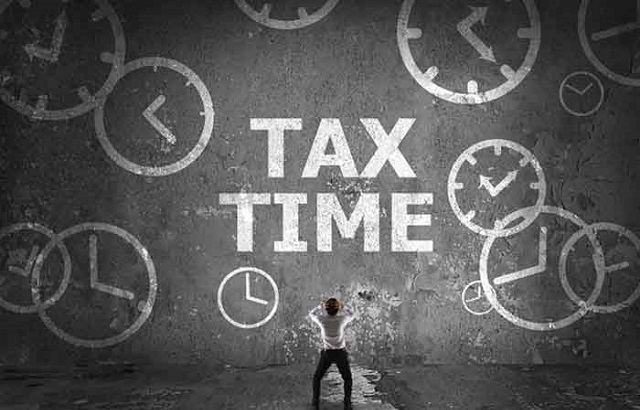Many industry players spent most of the summer speculating about which taxes would go up in the Autumn budget, to pay for coronavirus.
Chancellor Rishi Sunak’s order of a review into the capital gains tax (CGT) system was a big clue about where his axe might land.
But he announced last week that there will not be an Autumn budget in 2020, as the Treasury intends to focus on the handling of the pandemic and the second wave of infections the country is currently experiencing.
With record levels of borrowing, that money has to be paid back at some point.
The decision to keep the triple-lock cut off one avenue the chancellor had indicated he wanted to go down.
CGT has already been flagged, but where else could Sunak look to raise rates?
Focus on spending
Paul Fairbairn, partner in the private client team of law firm Cripps Pemberton Greenish, told International Adviser: “The Autumn budget has been cancelled, which confirms that the government’s focus is still on how to spend money and not how to raise it.
“This decision could also be interpreted as a decision by Rishi Sunak not to deliver unpopular news on the tax front in the midst of a possible second wave.
“As to what we might be able to expect, once they decide they cannot put off difficult decisions any longer, is down to speculation and rumours; rumours that, for once, do not stem from deliberate leaks at the Treasury, making them far less reliable than those to which we have become accustomed.
“Ultimately, it seems unlikely that Sunak will be able to avoid any rises in tax rates and there are some obvious candidates.”
Watchlist
According to Fairbairn there are two areas of concern when it comes to potential tax increases – namely capital gains and corporate tax.
He continued: “Capital gains tax is currently at a historically low rate. It has, even in recent memory, been equal to income tax rates, so it could increase by as much as double; however, an increase of 5% or 10% may be easier for the chancellor’s backbenchers to swallow.
“Corporation tax is also at historic lows and, although businesses need all the help they can get at the moment, it is a tax on profit, so increasing that by a few percent is unlikely, in the circumstances, to be too controversial with his core supporters either.”
But if there is an area Fairbairn believes won’t be touched it’s the one of foreign investments.
“Foreign investors and non-doms have already been the target of a number of tax hikes and reforms, such as the introduction next year of a surcharge on stamp duty land tax (SDLT) for foreign buyers and changes to the remittance basis regime,” he added.
“Further targeted measures are surely unlikely as the amount they might recoup for the Treasury would be insufficient to outweigh the risk of alienating foreign money, which will be needed more than ever post Brexit.”








